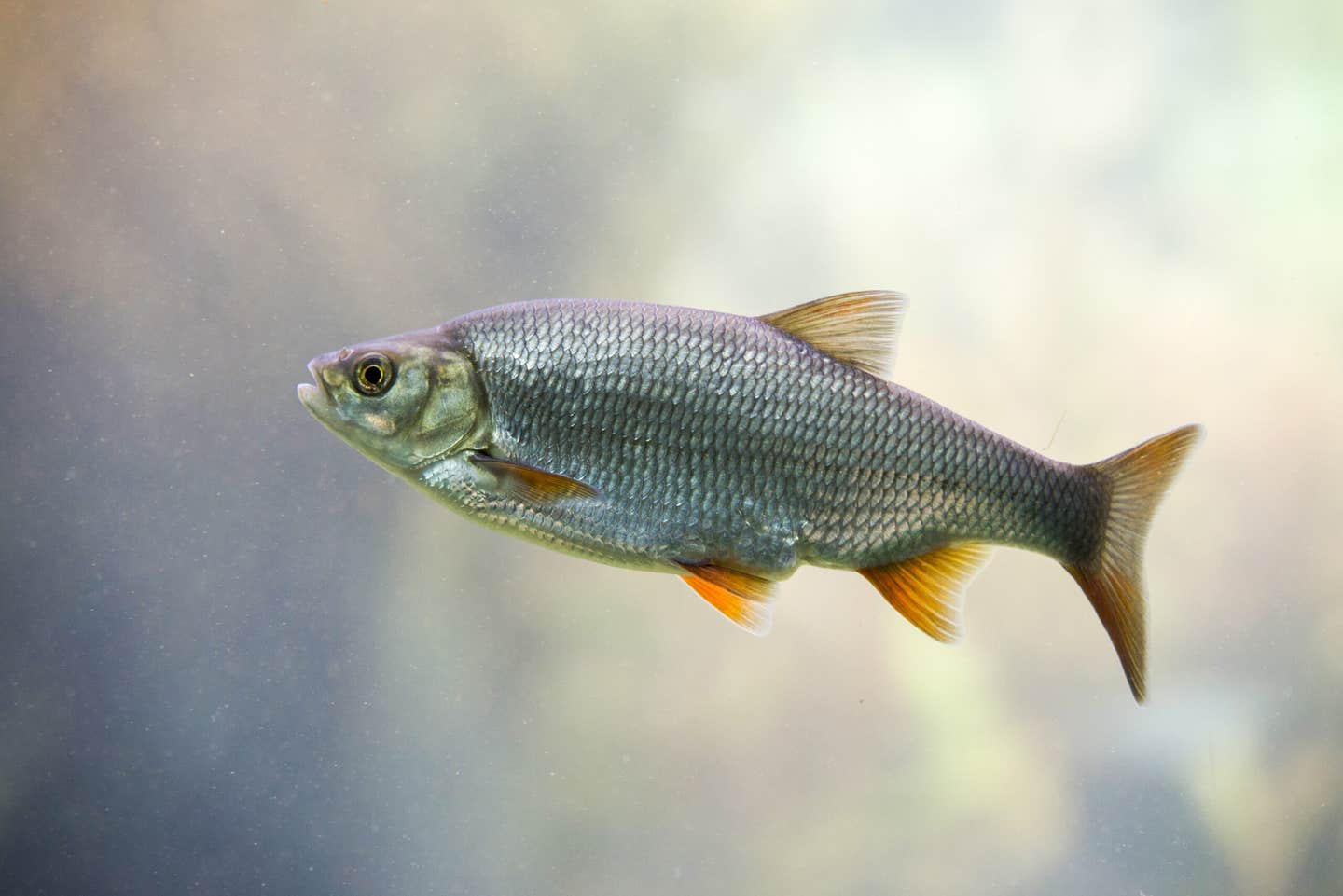Sugar substitutes can affect the human body in surprising ways, study finds
Sugar substitutes or artificial sweeteners, are designed to provide sweetness without the calories that come with sugar.

A new controlled trial from researchers at the Weizmann Institute of Science, published in Cell, reveals that these sweeteners are not as inert as once believed. (CREDIT: CC BY-SA 3.0)
Non-nutritive sweeteners, often known as sugar substitutes or artificial sweeteners, are designed to provide sweetness without the calories that come with sugar. However, a new controlled trial from researchers at the Weizmann Institute of Science, published in Cell, reveals that these sweeteners are not as inert as once believed.
Instead, they have measurable effects on the body, particularly by altering the gut microbiome—the trillions of microbes living in your digestive system—in ways that can influence blood sugar levels. The impact of these sweeteners, however, can vary significantly from person to person.
Back in 2014, a study from the same institute using mice suggested that some non-nutritive sweeteners could actually contribute to the very metabolic changes they are intended to prevent. Building on this earlier work, a team led by Professor Eran Elinav of the Systems Immunology Department at Weizmann conducted a new trial involving human participants. The team began by screening nearly 1,400 potential participants, ultimately selecting 120 individuals who had strictly avoided any artificially sweetened foods or drinks.
These participants were divided into six groups, with four of these groups receiving sachets of different non-nutritive sweeteners. Each group was assigned a specific sweetener—saccharin, sucralose, aspartame, or stevia—in amounts below the acceptable daily intake. The remaining two groups served as controls, not consuming any sweeteners.
The study, co-led by Dr. Jotham Suez, now at the Johns Hopkins University School of Medicine, and Yotam Cohen, a graduate student in Elinav’s lab, was carried out in collaboration with Professor Eran Segal from Weizmann’s Computer Science and Applied Mathematics and Molecular Cell Biology Departments.
Related Stories
Over two weeks, the researchers observed that all four sweeteners altered the composition and function of the microbiome as well as the small molecules secreted by these gut microbes into the bloodstream. Each sweetener had a unique effect.
Notably, saccharin and sucralose significantly impacted glucose tolerance—the body’s ability to metabolize sugar—potentially contributing to metabolic diseases. In contrast, no such changes were observed in the control groups, which did not consume sweeteners.
The study found a close correlation between the changes in gut microbes and alterations in glucose tolerance. According to Elinav, “These findings reinforce the view of the microbiome as a hub that integrates signals from the body’s systems and external factors like diet, medication, lifestyle, and environment.”
To explore whether the changes in the microbiome directly caused the impaired glucose tolerance, the researchers transplanted gut microbes from over 40 trial participants into germ-free mice. These mice had never consumed non-nutritive sweeteners. Transplants were taken from “top responders”—participants who showed the most significant changes in glucose tolerance—and “bottom responders”—those who showed the least change.
The results were striking. Mice that received microbiomes from “top responders” displayed glucose tolerance patterns that mirrored those of their human donors, with the most significant alterations observed in these mice compared to those that received microbiomes from “bottom responders” or control participants.
Further experiments demonstrated how the different sweeteners influenced the abundance of specific gut bacteria species, their functions, and the small molecules they secreted into the bloodstream.
Elinav noted, “Our trial has shown that non-nutritive sweeteners may impair glucose responses by altering our microbiome, and they do so in a highly personalized manner, affecting each person in a unique way.” He added that this variability was expected due to the unique composition of each person’s microbiome.
While the study sheds light on the potential effects of non-nutritive sweeteners on glucose metabolism, Elinav cautioned against drawing definitive conclusions about their health implications. “The health implications of the changes that non-nutritive sweeteners may elicit in humans remain to be determined, and they merit new, long-term studies. In the meantime, it’s important to stress that our findings do not imply in any way that sugar consumption, shown to be deleterious to human health in many studies, is superior to non-nutritive sweeteners.”
This research opens the door to more personalized approaches in understanding how artificial sweeteners may affect different individuals. It highlights the need for further investigation into the long-term impacts of these substances on health, especially as they continue to be marketed as a healthier alternative to sugar.
More common medical risks associated with consuming artificial sugars
While these sweeteners can help reduce calorie intake and manage weight, several medical risks have been associated with their consumption. Here are some other common concerns:
Metabolic Effects: Some studies suggest that artificial sweeteners may negatively impact metabolism. They can potentially alter the body's response to glucose, leading to increased insulin resistance and a higher risk of developing type 2 diabetes, even though they are calorie-free.
Gut Health: Artificial sugars can affect the gut microbiome, the community of bacteria in your digestive tract. Changes in the microbiome have been linked to a range of health issues, including obesity, insulin resistance, and inflammatory conditions. Some artificial sweeteners, such as saccharin, have been shown to alter gut bacteria in ways that might promote metabolic disorders.
Weight Gain: Although artificial sweeteners are often marketed as tools for weight loss, some research indicates they might contribute to weight gain and obesity. This could be due to changes in appetite regulation, where consuming sweet-tasting but non-caloric foods can lead to increased overall calorie intake.
Cardiovascular Health: There is evidence suggesting a link between artificial sweetener consumption and an increased risk of cardiovascular diseases, such as stroke and heart disease. The mechanisms behind this risk are not fully understood, but it might be related to metabolic effects and changes in gut health.
Cancer Concerns: Historically, there have been concerns about the potential cancer-causing effects of certain artificial sweeteners, particularly saccharin and aspartame. While most studies have not found strong evidence linking artificial sweeteners to cancer in humans, these concerns persist, especially with high levels of consumption.
Headaches and Migraines: Some people report experiencing headaches or migraines after consuming artificial sweeteners, particularly aspartame. Although not everyone is affected, it’s a risk for those who are sensitive to these substances.
Behavioral and Cognitive Effects: Emerging research suggests that artificial sweeteners might influence mood, behavior, and cognitive function. This is an area of ongoing study, with some animal studies showing potential effects on the brain that could translate to humans.
While artificial sweeteners are generally considered safe by regulatory agencies like the FDA when consumed within recommended limits, these potential risks highlight the importance of moderation and a balanced diet. If you're concerned about artificial sweeteners, it may be beneficial to consult with a healthcare professional to understand the best approach for your individual health needs.
Note: Materials provided above by The Brighter Side of News. Content may be edited for style and length.
Like these kind of feel good stories? Get The Brighter Side of News' newsletter.



